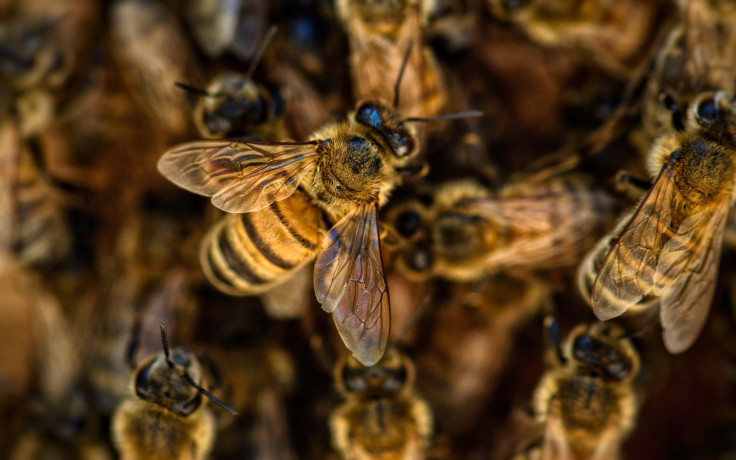Honeybee Venom Can Destroy Aggressive Breast Cancer Cells, Says New Study
KEY POINTS
- Researchers found a component in honey bee venom was effective in destroying breast cancer cells
- It rapidly destroyed cancer cells within an hour
- The study showed how melittin interfered with the signaling pathway used by breast cancer cells to multiply
Breast cancer is the most common type of cancer affecting women in the United States and it is estimated that about 1 in 8 women will develop the deadly disease in their lifetime. A new study found that a specific venom from honeybees can completely destroy cancer cells without affecting normal cells within 60 minutes.
Researchers from the Harry Perkins Institute of Medical Research in collaboration with a team from the University of Western Australia tested the effect of honeybee venom on certain types of breast cancer including the hard-to-treat triple-negative breast cancer.
They studied the anti-cancer properties of the venom and a component present in it called "melittin" on different types of breast cancer cells. Their results, published in the journal NJP Nature Precision Oncology, revealed the venom rapidly destroyed not only the cells of HER2-enriched breast cancer but also that of the hard-to-treat triple-negative breast cancer.
"We found both honeybee venom and melittin significantly, selectively and rapidly reduced the viability of triple-negative breast cancer and HER2-enriched breast cancer cells," said Dr. Ciara Duffy from the Harry Perkins Institute of Medical Research. "The venom was extremely potent."
Melittin is the main component and the key pain-producing substance of honeybee venom. Melittin, which has anti-inflammatory properties, has been used to treat several ailments including arthritis, skin diseases, frozen shoulder, ulcerative colitis, neuritis and heart and blood system-related conditions.
The study demonstrated how melittin interfered with the signaling pathway used by breast cancer cells to multiply. The study has also demonstrated how some compounds in nature can be used to treat human diseases.
This is the first study comparing the effects of honeybee venom or the component melittin on breast cancer cells.
"We tested honeybee venom on normal breast cells, and cells from the clinical subtypes of breast cancer: hormone receptor-positive, HER2-enriched, and triple-negative breast cancer. We tested a very small, positively charged peptide in honeybee venom called melittin, which we could reproduce synthetically, and found that the synthetic product mirrored the majority of the anti-cancer effects of honeybee venom," Dr. Duffy said.

© Copyright IBTimes 2024. All rights reserved.






















